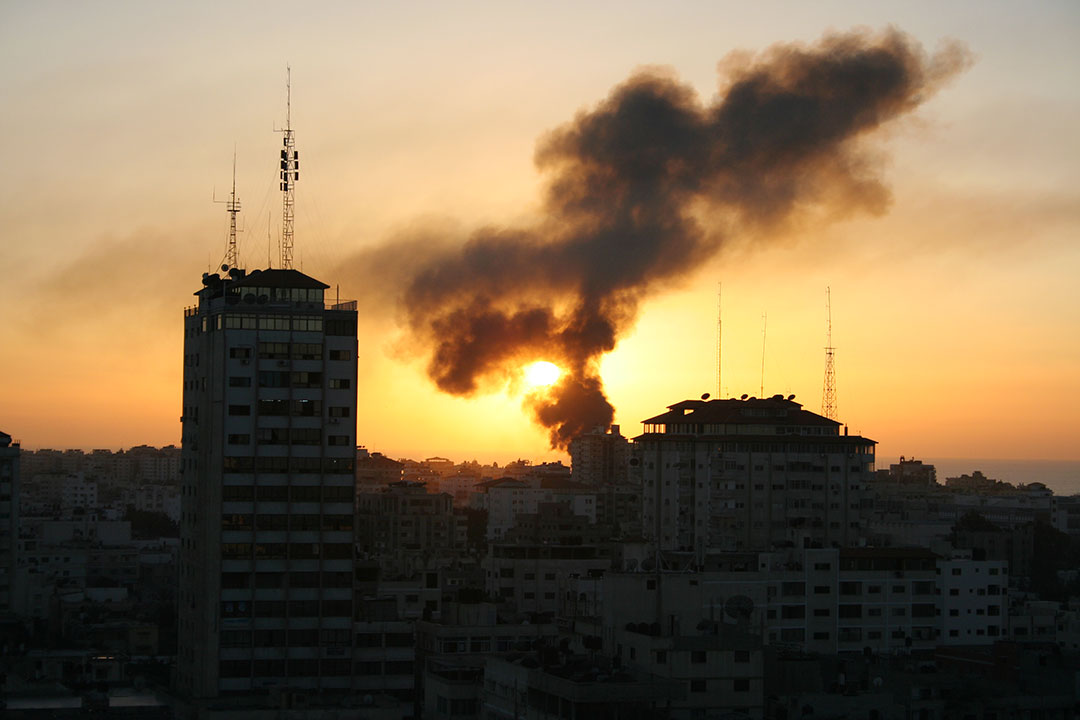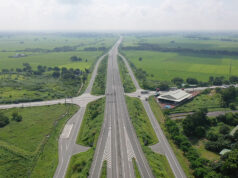80 Filipinos in Gaza want to come home

AT LEAST 80 Filipinos in Gaza want to come home amid a worsening war between Israeli forces and Palestinian Islamists, the Philippine Foreign Affairs department said on Wednesday.
“The number of Filipinos asking to get repatriated changes, but it never reaches 100,” Foreign Affairs Undersecretary Jose Eduardo A. de Vega told a livestreamed news briefing in Filipino. “At most, there are 92.”
He said it was unclear whether Egypt would allow Filipinos and other foreigners trapped in Gaza cross its border with Israel so they can go home.
He said Egypt would likely allow foreign nationals to enter the country through the Rafah Border Crossing, but not Palestinians. Some Filipinos might decide to stay in Gaza if their Palestinian spouses can’t cross with them, he added.
“They (Egyptian officials) don’t give assurances,” he said. “They always say be prepared at any notice that suddenly it (Rafah Border Crossing) would be open.”
The Department of Foreign Affairs (DFA) on Monday asked Egypt to allow Filipinos and other foreigners caught in the crossfire to pass through the Rafah Border Crossing to move into Egypt so they could return to their homelands.
There were 131 Filipinos in Gaza, with only about half of them actually Filipino nationals and the rest being children with their Palestinian spouses.
Hamas militants backed by a barrage of rockets stormed from the blockaded Gaza Strip into nearby Israeli towns, killing dozens in a surprise attack on Oct. 7.
A stunned Israel launched airstrikes in Gaza, with its prime minister Benjamin Netanyahu vowing to inflict an “unprecedented price.”
DFA on Sunday placed Gaza under Alert Level 4, forcing Filipinos to evacuate and come home amid the worsening war.
Mr. De Vega said there was no repatriation call for Filipinos in Israel, which was still under Alert Level 2.
Seventeen overseas Filipino workers from Israel were set to arrive in the Philippines late Thursday afternoon, he said.
At least three Filipinos have died in the war, all of them caregivers, while three others remained missing, DFA said at the weekend.
About a third of Filipinos in Israel live in Tel Aviv, according to Overseas Workers Welfare Administration (OWWA) chief Arnell A. Ignacio.
A fifth live in the central district, 12% live in Israel’s third-largest city Haifa and 6.4% are from the northern district.
A tenth of the Filipinos live in the capital Jerusalem, while 5.3% live in the southern district, which is near Gaza.
Mr. Ignacio said 90% of Filipinos in Israel work as caregivers, 8% are permanent residents, 497 are student-interns and 19 are tourists. — John Victor D. Ordoñez



